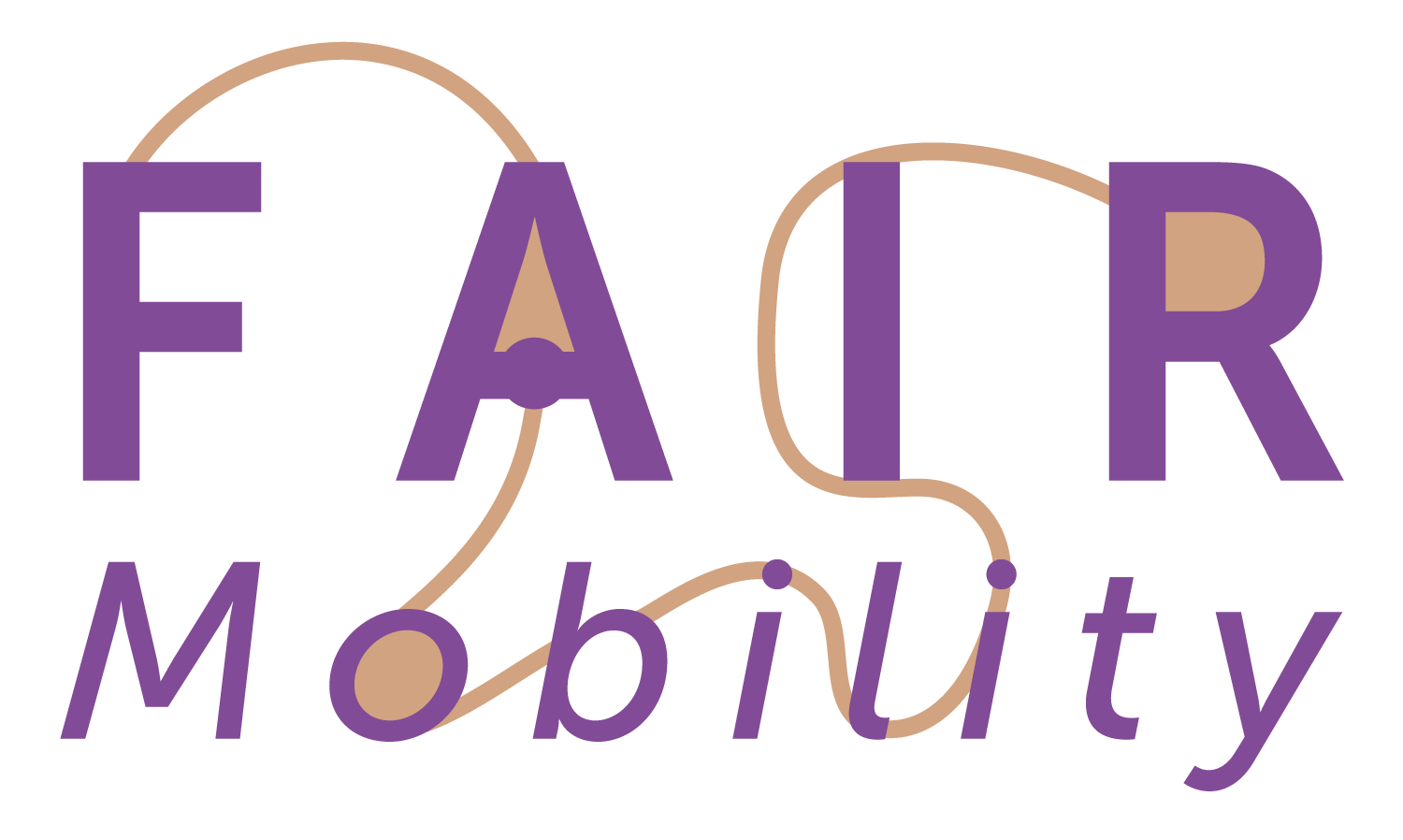Fair Mobility
objectives and Workplan
The main objective of Fair Mobility is to provide guidelines to integrate gender perspectives into mobility offers and policies, especially for the suburban and rural municipalities, and to co-construct and experiment tools which remedy gender inequalities, prevent and combat discrimination due to gender in daily mobility practices.
The project establishes women and gender minorities as the main target group. Urban and regional planning plays a key role in determining the inclusiveness of urban areas, as it provides key policy instruments and design solutions, which can solve or at least soften these issues. Yet the basis for urban planning are standardized spatial needs.
The measurements, based on homogeneous society, aim to be good enough for most people but are failing to meet the real needs of all of the users, especially disadvantaged, marginalized and/or discriminated groups.
The two pilot cases are Ebensee in Austria and Creil in France. The following is our workplan divided into 4 workpackages:
Photo of a bus stop in Creil.
Context analysis
inclusive cities from a global perspective
Exploring Equity in Urban Spaces: Embarking on a comprehensive journey to understand and address gender and equity issues within city landscapes. This workpackage focuses on crafting a theoretical framework, conducting in-depth studies of pilot cities, and identifying effective policies for inclusive urban development.
Focus:
• Defining Concepts: Delving into the latest research to shape our understanding of gender and mobility.
• Policy Panorama: Surveying policies to sketch a map of fair mobility practices.
• Local Lens: Diagnosing the gendered landscape of public spaces in our pilot cities.
• Comparative Clarity: Assessing pilot studies to refine co-creation methods with stakeholders.
• Stakeholder Snapshot: Mapping the influencers in mobility governance.
• A blueprint of analysis frameworks (conceptual framework and state of the art) (link)
• A collection of inclusive mobility policies.
• Diagnostic reports of local practices.
• Comparative assessments of pilot studies.
• Plans for stakeholder engagement.
Co-designing Solutions
Testing & policy-development
Diving into the heart of urban transformation, this workpackage is all about co-creating and testing innovative mobility solutions that resonate with the needs of diverse communities. We’re partnering with local communities to design policies and strategies that make transportation accessible and equitable for everyone.
Replicability and
Scalability
This workpackage focuses on ensuring that the solutions developed for fair and inclusive mobility can be replicated and scaled to other local contexts, fostering transformation towards democratized and equitable transportation systems across various regions. We’re not just testing the waters; we’re setting the stage for these innovations to ripple out, transforming local landscapes.
